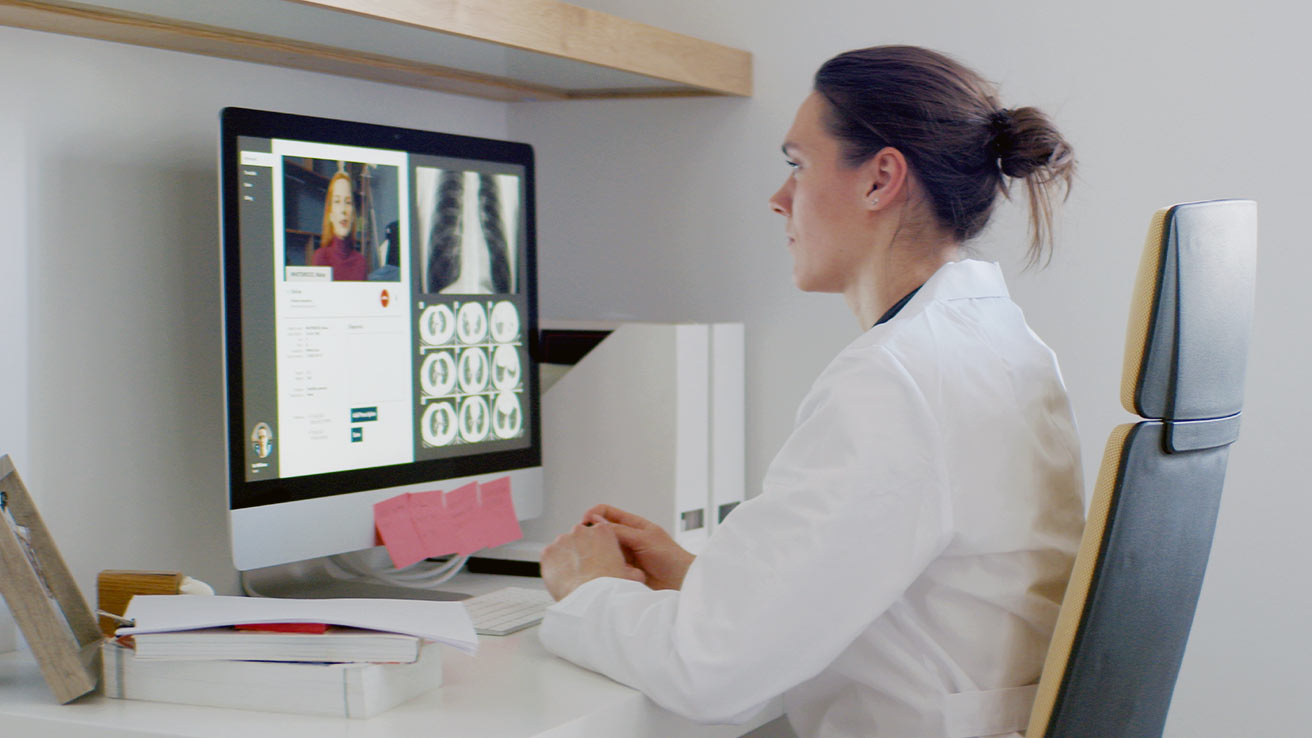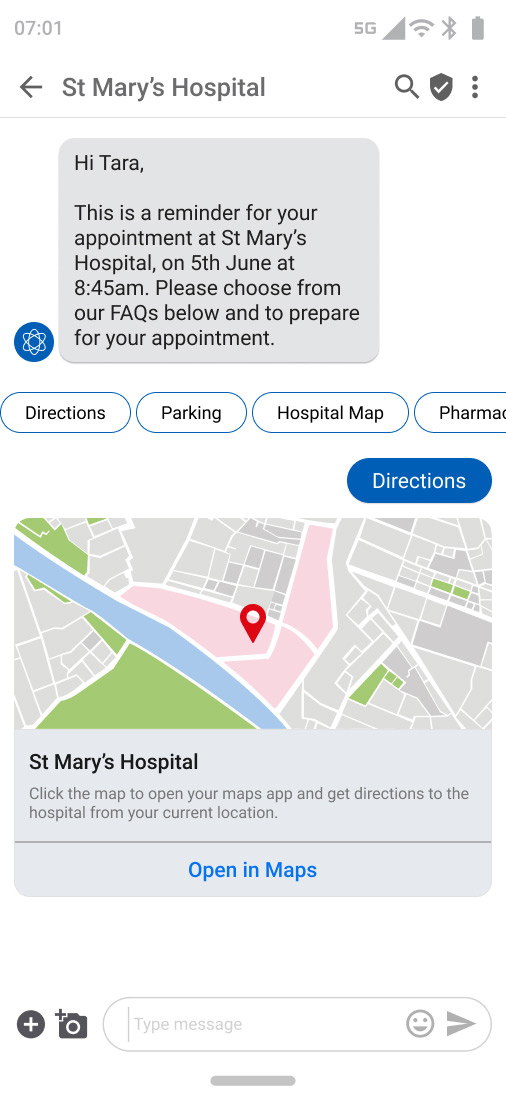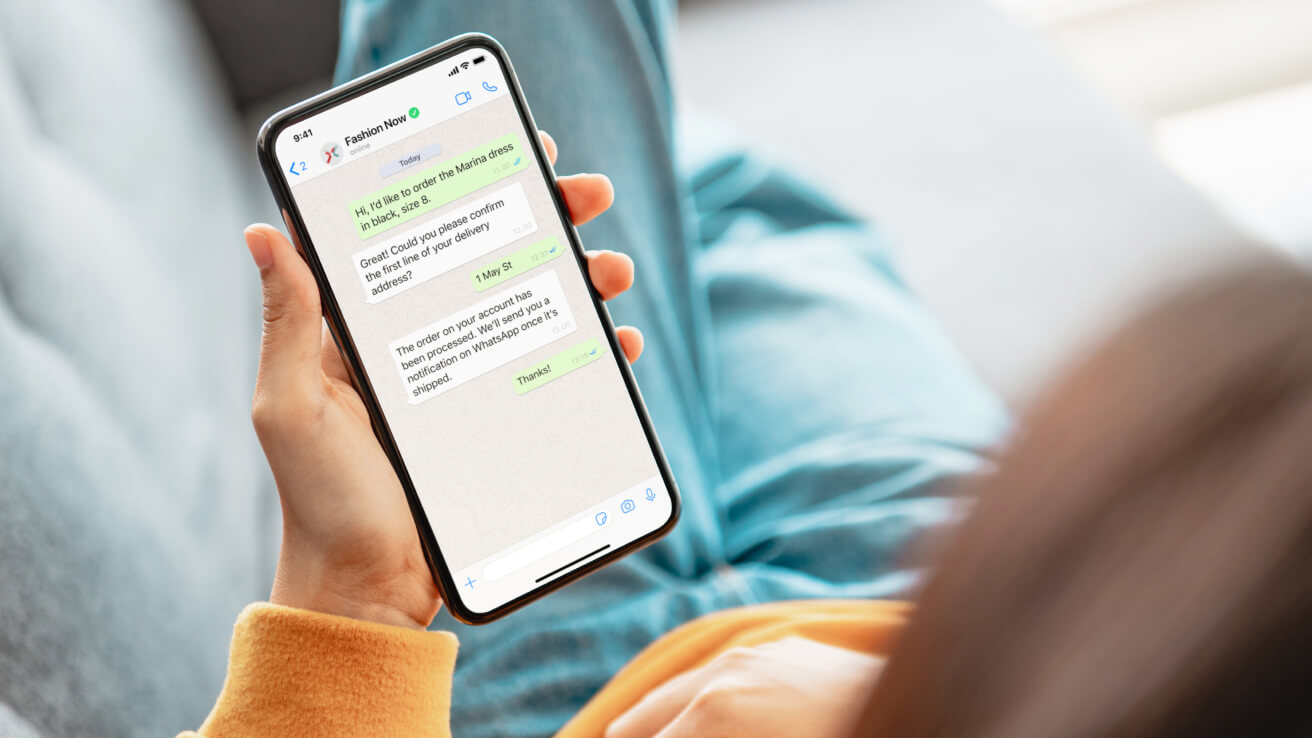What is the future of AI in healthcare?
Discover how chatbots are revolutionizing patient care, providing 24/7 support, and alleviating administrative burdens for providers.

Contents
Chatbots, powered by artificial intelligence (AI), have undergone significant advancements in the past decade. From being perceived as hindrances to efficient communication, they have evolved into sophisticated conversational tools that bridge the gap between organizations and their customers.
The widespread adoption of chatbots has revolutionized the business landscape, delivering remarkable cost reductions. These invaluable tools, powered by AI, are now being harnessed across diverse functions, including customer service, payment processing, and beyond. Projections from Insider Intelligence indicate a significant rise in retail spending through chatbots, with estimates suggesting a staggering surge to $142 billion worldwide by 2024. This growth is a remarkable leap from the $2.8 billion recorded in 2019, highlighting the immense potential and value of chatbot technology, but what is the future of AI in healthcare?
24/7 Access for uninterrupted support
Although the healthcare industry has been slower in adopting virtual assistants compared to other sectors, recent changes in the market have highlighted their potential. One example of this is when the UK National Health Service (NHS) faced overwhelming challenges due to increased workload, virtual assistants stepped in to support healthcare staff and alleviate the burden.
These AI-powered systems have gained popularity for their ability to provide real-time, on-demand connections for patients. From offering long-term condition support and frequently asked questions to appointment rescheduling and staff well-being, chatbots empower patients by providing instant access to reassurance and information.
Enhancing patient care quality and satisfaction, chatbots offer a quick and reliable means of obtaining answers. According to Drift, 37% of people use customer service bots to find quick answers during crises. For instance, the London North West University Healthcare NHS Trust witnessed a significant increase in patient engagement with their COVID-19 FAQ chatbot that operated outside normal hours. Patients received instant answers to their queries, saving valuable staff time that could be redirected to urgent patient care. The chatbot efficiently responded to over 1,400 patients, answering more than 200 frequently asked questions related to COVID-19 health concerns.
Alleviating the burden of administrative tasks

The advantages of AI in healthcare extend beyond round-the-clock availability. Chatbots can address some of the most pressing challenges. For instance, appointment rescheduling bots empower patients to manage their own care by offering the flexibility to rebook appointments at their convenience, thereby reducing missed appointments. Additionally, AI in healthcare effectively reduces inbound phone traffic, alleviating employee workload. Unlike human staff members who can only attend to one person at a time, chatbots have the scalability to handle numerous simultaneous queries with consistent messaging and infinite patience.
And what’s more, these digital interactions provide valuable insights into patient pain points and common queries, allowing healthcare organizations to adapt and optimize their communications.
Implementing conversational AI is a straightforward process, offering patients a trustworthy and verified source of knowledge that combats the spread of misinformation—a significant issue in healthcare. Once set up, chatbots continuously improve and learn from each interaction, enabling healthcare organizations to build a vast library of digital expertise.
Projections from Insider Intelligence indicate a significant rise in retail spending through chatbots, with estimates suggesting a staggering surge to $142 billion worldwide by 2024.
In addition to addressing routine inquiries, virtual assistants expedite access to care. In a time of increasing waiting lists, chatbots can triage patients efficiently by asking clinic-specific questions and promptly directing them to the appropriate pathway. AI technology in healthcare also supports multi-channel Patient Initiated Follow-Up approaches, where patients can request appointments by answering condition-specific questions, providing vital information to the healthcare organization.
Shaping the future of healthcare
The impact of AI in healthcare is evident. For example, at King's College Hospital NHS Foundation Trust, the implementation of a conversational FAQ bot saved the equivalent of 1,095 minutes of staff time on inbound calls within a few weeks. This bot was specifically designed to provide patients with instant answers to hospital visitor questions and routine queries, thereby improving patient experience and reducing unnecessary calls.
As virtual assistants and chatbots continue to evolve, they are poised to revolutionize healthcare communications. These tools enable organizations to offer quick and engaging services without compromising staff time or patient care. Machine learning in healthcare enables a deeper understanding of patient concerns gained through chatbot interactions. This informs the future development of care, propelling healthcare into a new era of digital transformation. As the demand for artificial intelligence in healthcare and other industries grows, innovation in this field will flourish, further solidifying the standard of 24/7 access to information in all organizations.

Learn how Webex CPaaS solutions can help you get started with AI by visiting our healthcare solutions page or get in touch with one of our experts.



